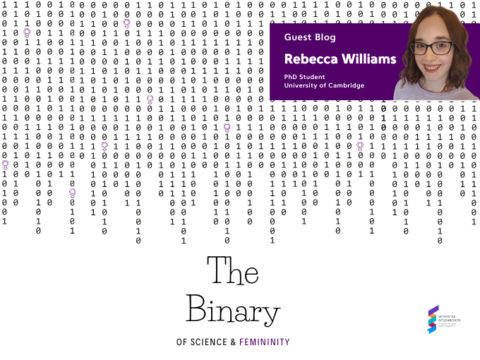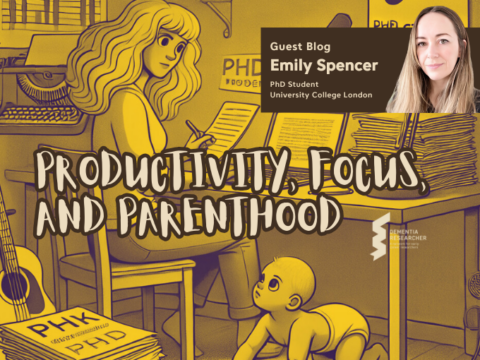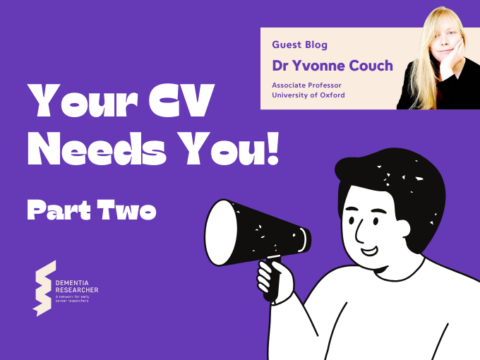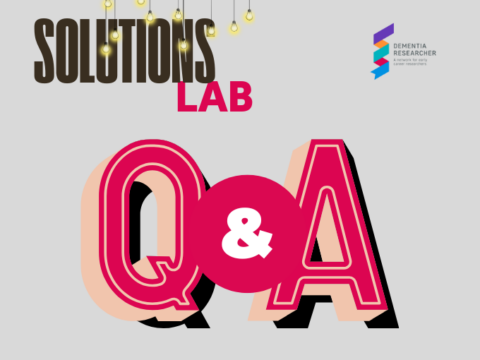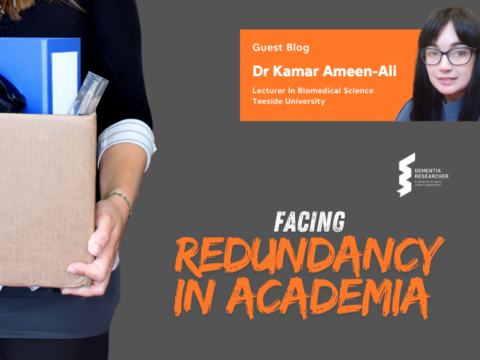At the start of lockdown, early March, I received an email from my supervisor telling me that my long awaited PhD viva would not be going ahead. With a heavy heart, yet completely aware of the impact of the current situation I put my revision aside. Later that week as I perused the emails from various important people at the university, I noted a sentence suggesting that viva’s may actually go ahead, in extra-ordinary circumstances. My supervisor and I did some investigating and low and behold, a week later, my viva was back on. My initial thoughts were that I had lost a week of time, and then I started to consider that I would be doing it remotely and what this might mean. But I just couldn’t stop thinking about my three days of clinical work either – my viva was scheduled for the 8th April, and in the lead up all anyone was talking about or thinking was COVID-19. It was a pretty tense and scary time and I was desperately trying to think about my viva. It felt incredibly selfish!
Despite these feelings of anxiety I ploughed on and one week prior held a mock viva on MS Teams, with my primary supervisor and a kind and lovely colleague who had been giving me lots of valuable advice all along the way. Doing a mock viva, using the device I planned to use, at the in the room in my home I planned to use was quite helpful. I started to be able to visualise how the viva would work and feel comfortable with the technical and practical side, so I could concentrate on the actual questions. I scripted as many questions I could think of, I read my thesis multiple times, I read the work of my examiners. I did lots of work on the weekends before my viva too.
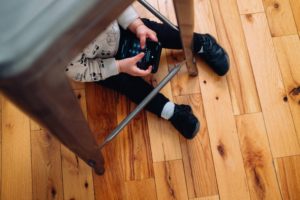
Thanks to Charles Deluvio for sharing their work on Unsplash.
At this time my two young children were only able to go to school two days (they had two keyworker days as I was working clinically) per week and so I continued to juggle home school, clinical and academic work. Usually I don’t let these overlap at all. I try not to let my caring responsibilities intrude on my work life. However, having spoken to many people during COVID-19 about this I think that this was not feasible during lockdown. During this extraordinary time all domains of my life blended together and maintaining strict boundaries was tricky. So I did work on the weekends. But I also had the children to remind me (thankfully) that the viva wasn’t the be all and end all of my life at that time. I felt quite comfortable that this didn’t have to go perfectly, it just had to go reasonably.
So when the day of the viva came, despite feeling absolutely petrified, I also felt a need to get the thing done and move forward. I had also just submitted an application for a grant the day before my viva and this helped me see forward, beyond the PhD. That said, the viva itself was exhausting. Perhaps partly because it was remote. It took just over two hours, including a 5 minute break in the middle (it was a warm day and we all needed a drink). I could hear my own children playing in the garden and arguing in the kitchen. My external supervisor was at home himself, and funnily enough his children popped their heads into his office in the break of my viva. But I was focused and had my thesis and some notes at the ready.
During the viva I found myself incredibly calm. I found some of the questions really took me by surprise, whilst others I had anticipated. We entered some discussion and debate on some topics, despite all the surrounding distractions. By the end I felt I had managed some of the questions well and others I felt I had managed terribly. But I had answered all the questions, and when they advised me of the minor amendments I felt comfortable and happy with the outcome. I was just simply relieved to have gotten this done and not having had to wait for months to complete my viva. I went off and had a glass of champagne and a rest.
After the following weekend I slowly started looking at the minor amendments and thinking about how to tackle these. To be honest, this is the stage I found the hardest. Toward the end of April and throughout May I slowly tackled the amendments. Unfortunately this was also the time when the pandemic hit the service I worked in hardest. I was working longer hours, supporting staff who were more stressed then before and more exhausted too. When I look back now a month or so later I realise that completing the amendments was more emotionally draining than the viva itself. I just didn’t have the energy to do this at this time.
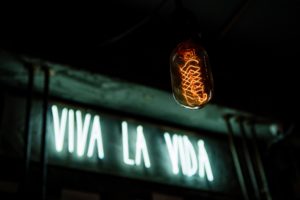
Thanks to Davidson Luna for sharing their work on Unsplash.
Having said that I realised that I also couldn’t let it drag on, and so I tackled the amendments in small achievable chunks and continued reviewing and revisiting them with the support of my most wonderful primary supervisor. A small part of me thinks I could have got these done it in a couple of weeks if it hadn’t been for COVID-19, but it took me more like 6 weeks.
Finally on the day before my birthday I submitted the approved amendments and received the email confirming my PhD award. A few weeks later I also found out that I had been successful in my grant application too- the icing on the cake!
Reflecting back now I think I needed to get it done, but the following is what I learnt about the process:
- Doing the viva is not the hardest bit of the PhD, but not the easiest bit either.
- The viva is a stepping stone and just needs to get done (and not postponed)
- Rehearsing the viva, and all the practical bits as well as the content is incredibly helpful
- Family and life outside of the PhD are just as important, if not more important than the PhD, and can help keep you grounded in the final stages of the process.
- Chunking amendments into manageable chunks is helpful
- Seeking advice and support for the amendments is helpful- you do not need to do them on your own.
- You do not need to do the best viva, just good enough.
It is ok to not like your thesis by the time you have finished all your amendments.
There is a future post PhD and it is fun!
COVID-19 is exhausting, but it won’t beat us!
Author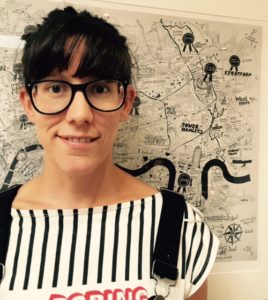
Anna Volkmer is a Speech and Language Therapist and NIHR Doctoral Research Fellow working in Language and Cognition, Department of Psychology and Language Sciences, University College London. Anna is researching Speech and language therapy interventions in language led dementia and was once voted scariest speech and language therapist (even her children agree).

 Print This Post
Print This Post
